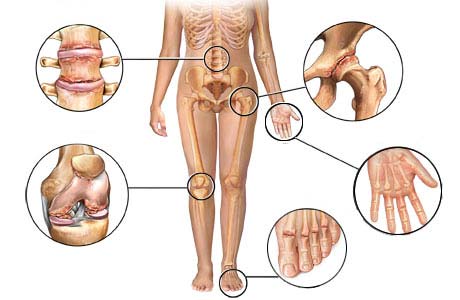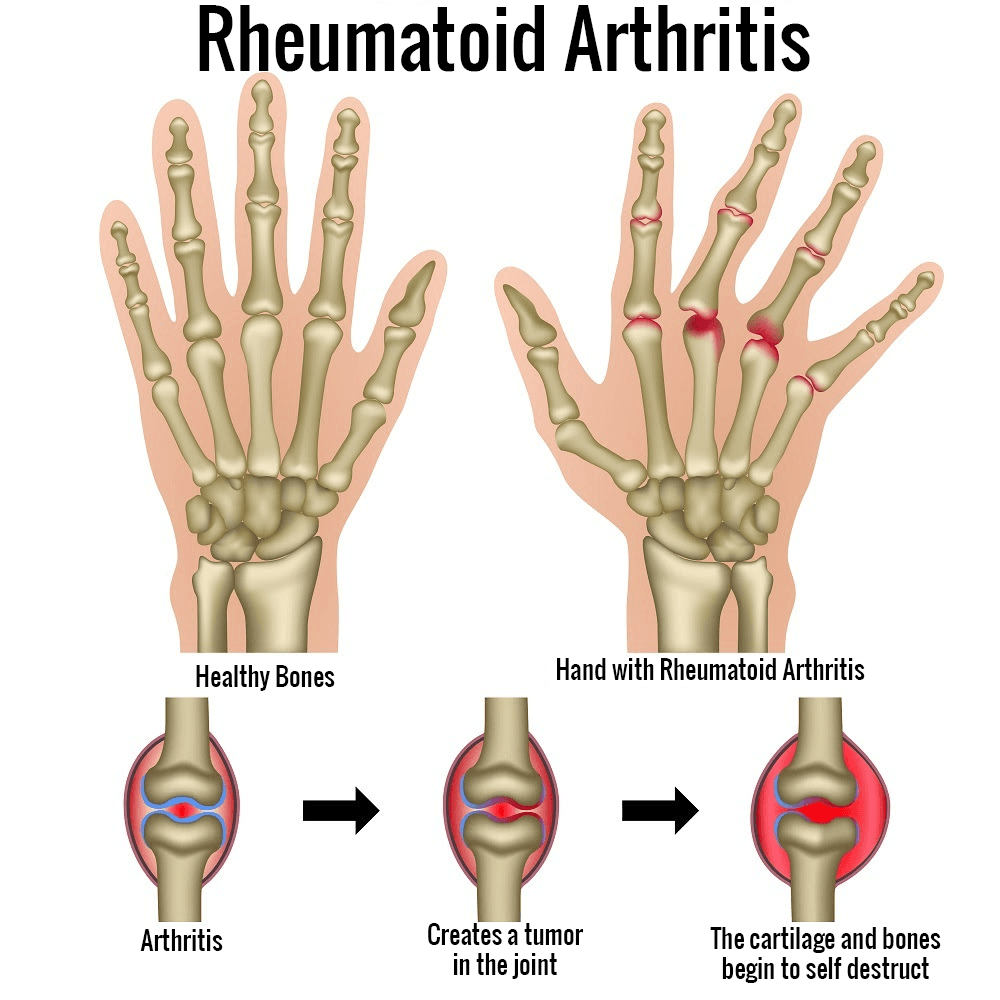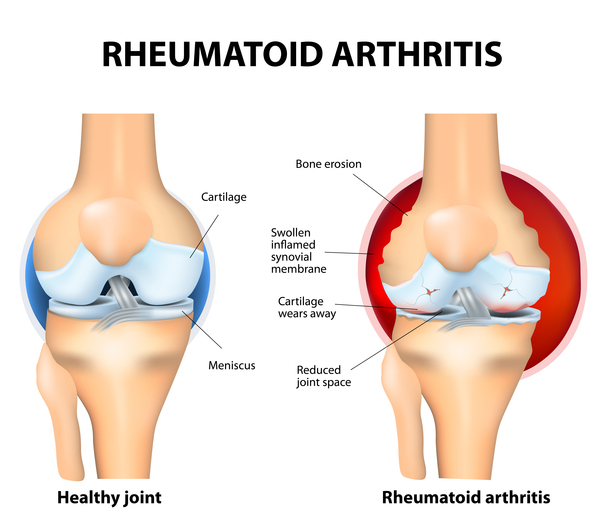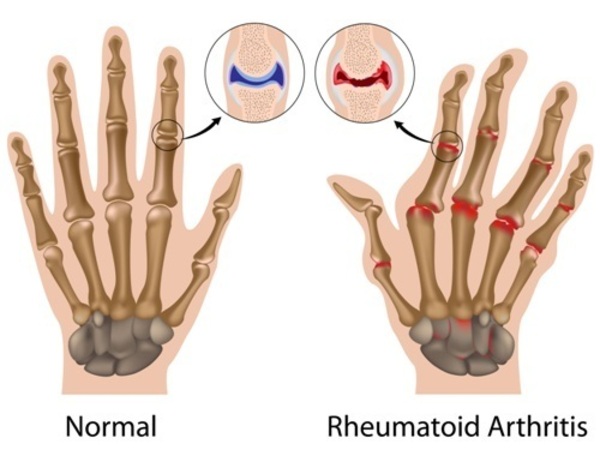Page Contents
Rheumatoid Arthritis: What You Need To Know About This Disease Today
Are you at the risk of rheumatoid arthritis? This is a disease that affects the joints in the wrists, hands, elbows, shoulders, spine, knees and ankles, and in some people, it may also affect other systems in their body. This disease causes stiffness, pain, and swelling of the affected area. The disease has the capacity to spread throughout your body. For instance; if you are affected in one hand or knee, after some time, it will affect the other hand or knee. It can occur in one joint and spread to another joint.

Research shows that about 3% of the population are affected by this disease. It is more prevalent among women than men. In most cases, the disease develops between the ages of 25 to 50. However, it can also occur at any age. There is no known cure for this disease at the moment but with recent research, the doctor can offer the patients some treatment to help relieve pain and discomfort.
Rheumatoid arthritis may start gradually; it can however also begin with a sudden and unexpected attack. Those suffering from this disease may often feel tired, sick and feverish at times. Rheumatoid arthritis is a chronic disease which can last for a lifetime. A patient suffering from this disease may experience it in a mild or moderate form; there are however times when the symptoms of the disease may get worse or even better. Some people may have a hard time with the disease going away, this is known as a remission which can last weeks or even years in some cases.
Who is at risk of contracting this condition?
Like mentioned before, basically anyone can get rheumatoid arthritis. However, it is more prevalent among women between the ages of 25 to 50.

Causes of Rheumatoid Arthritis
Researchers don’t know exactly what causes rheumatoid arthritis. It is however commonly believed that there are triggering agents which may cause the onset of rheumatoid arthritis only in those who have a tendency towards the disease. The triggering agent of this condition is believed to be a virus or bacteria. The research further reveals that someone who has a close relative with rheumatoid arthritis is at the risk of developing the disease too at some point in their life.
Researchers believe that the following factors may cause rheumatoid arthritis:
- Hormones
- Genes
- Environment
How Can You Diagnose Rheumatoid Arthritis?
When you suspect that you might be suffering from rheumatoid arthritis, you will need to visit your doctor or rheumatologist (a doctor who specializes in joints, muscles and bones) to be diagnosed.
Diagnosing this disease is however a bit difficult due to the fact that there is no single test that can be conducted to test for the prevalence of the condition. Moreover, the symptoms of this disease closely resemble the symptoms of other kinds of joint diseases. Finally, it will take time before the full symptoms of this disease develop.

What Happens When You Have Rheumatoid Arthritis?
Rheumatoid arthritis causes a person’s immune system to attack his own body tissues. The disease is subsequently a result of the changes in your body’s immune system. Research shows that the attack in your body’s immune system may result in a number of things such as:
- It may lead to overproduction of fluid in your joints
- It may cause your joints and the synovial membrane that lines them to become inflamed
- The inflammation and the fluid overproduction will cause swollen and painful joints.
- If left untreated, it may lead to damage in your cartilage and other soft tissues which can lead to joint deformities.
Other things that may happen in your body when you have this disease include:
- Enlarged lymph glands
- Anemia
- Small Swellings called nodules
- Swelling around heart, eyes, and blood vessels
- Dry eyes and mouth
Treatment for Rheumatoid Arthritis
Currently, there is no known treatment for this disease. Your doctor may, however, offer you some treatment relief options in order to
- Reduce the swelling
- Reduce or stop the pain
- Help you feel better
- Slow down joint damage
- Help you stay active
The treatment of this disease may include educating the patient about his condition and suggesting ways he can exercise and relax. Patients may also join support groups to learn about other treatments for this disease. In some cases, vitamins, special diets, and other alternative therapies are suggested for the treatment of rheumatoid arthritis. Some therapies may help the patient to reduce stress levels. Most of these treatments are not harmful; real benefits derived from the treatments may, however, be non-existent.
If you are suffering from rheumatoid arthritis, do not lose hope. Keep on talking to your doctor and support group on a regular basis. Ensure you take any proposed steps to reduce the symptoms.
